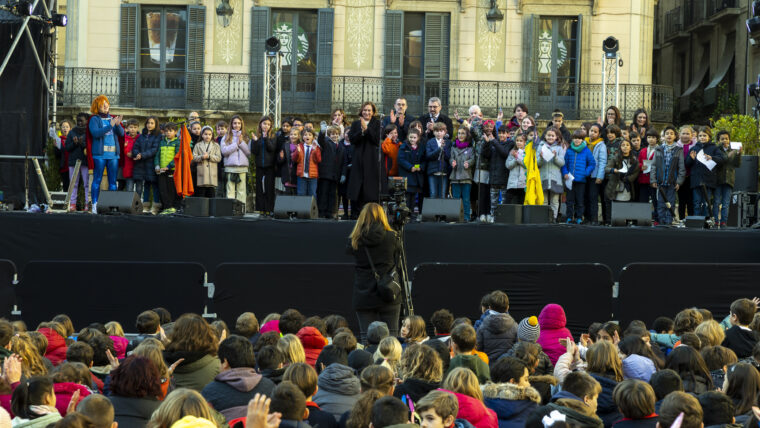The objective is to expand the spaces for child participation and include children and young people in the co-creation processes
On May 11, a new module of the digital and democratic participation platform Decidim.Barcelona was presented at the Canòdrom in Barcelona with the aim of giving citizens a voice to decide on the future of their environment. It is a digital space for a participatory process to debate, contrast and collect proposals. The tool is developed with free software and open source, so that it can be reused or improved.
The new module, DecidimKids, allows children's participation, and arises from the need to expand the spaces for children's digital participation in the city.

As Elisensa Ortega, Head of Participation Promotion at the Directorate for Democratic Innovation of the Barcelona City Council, explains, prior to this initiative, children's participation was worked on in class groups in schools and closed or private spaces. With this new module, digital child participation is encouraged in Barcelona, but also in other administrations and entities that use the Decidim software as a tool for digital participation. These spaces for digital participation of minors serve both for processes and assemblies.
The day at the Canódromo also reflected on what optimal child participation should be like. Anna Novella, highlights the need for child participation because children are subjects of law, citizens who must be able to express their opinion and defend their opinion having a space that gives them a voice and supports them. They have a perspective of their environment that adults do not have, and this characteristic adds up in a context of co-creation. Novella affirms that with child participation it is known that inequalities are reduced, democracy, belonging and mobilization are cultivated.
Along the same lines, the ParticipaTIC study carried out by the Fundación y Guardia analyzes child participation with a focus on the digital format, addressing its impact on the way children and young people participate. New challenges were also presented, such as tending to a hybrid participation model that combines the digital format with the face-to-face, taking into account the tempos of children, working on overcoming the digital divide and generating more inclusive participation processes with tools such as easy reading or language with a gender perspective.
More information: